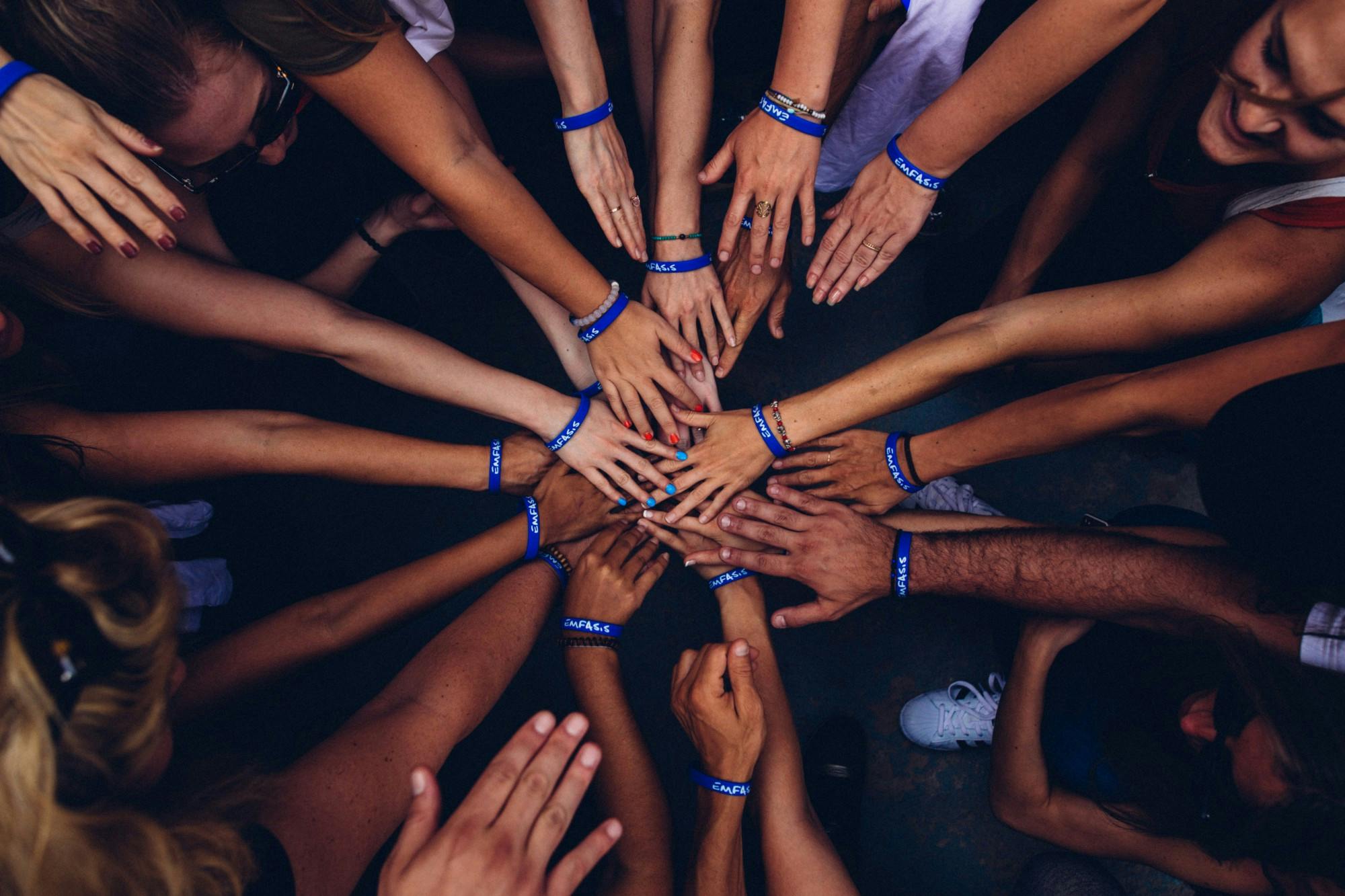First-time claims for unemployment benefits are the highest they have been since 1934. As of April 23rd, more than 33 million Americans are unemployed. While those who still have a job no doubt feel fortunate, it’s likely they are also feeling something else: stress and anxiety, the natural companions of change and uncertainty. Whether navigating the risks of being an essential worker or the risks of Zooming live with kids, it’s obvious that our collective status quo is uncharted territory.
The COVID-19 crisis casts a harsh beam of light on both the strengths and vulnerabilities of the American workplace. One of the most concerning vulnerabilities is the lack of individual financial security.
Long before COVID-19, the financial picture for many Americans was still a struggle for many. According to a recent survey by the Federal Reserve, 40% of Americans would already struggle in the face of an emergency expense of $400. In addition, 44.7 million Americans were already strapped with an average student loan debt of $32,731, and 64% of Americans were unprepared to retire.
As COVID-19 exacerbates existing vulnerabilities, we have no choice but to try and do something about it. Herein also lies the opportunity to shine a light on our strengths. We’ve noticed many employers rising to the challenge and supporting their employees in creative ways during this pandemic. Here are ten examples of companies leaning in on flexible employee benefits to lessen the financial impacts on their employees.
Supporting mental health access
Inbound calls to crisis and suicide lines have spiked. For example, NYC Well, a crisis counseling and support text, call, and chat line have seen a 50 percent increase in the month since COVID-19 forced residential and business shutdowns. These organizations are showing support by ramping up benefits for mental health:
1. Starbucks
The coffee giant is partnering with Lyra Health to provide employees and their eligible family members 20 mental health sessions with a therapist or coach each year.
2. Ally Financial
The Detroit company is providing free access to mental health professionals by phone or text. In addition, they are offering paid caregiver leave for employees looking after loved ones.
Expanding PTO & paid leave policies
Whether due to COVID-19 illness or not, many working Americans are balancing circumstances that require time away from the job. As of April 22nd, 40 of our 50 states’ schools are closed for the remainder of the academic year, requiring parents to balance work and homeschooling simultaneously.
3. The Home Depot
The company increased paid time off (PTO) for its hourly workers. Full-time associates now receive an additional 80 hours of PTO.
4. CVS
The company provides 14-day paid leave for full-time employees and 24 hours for part-time employees who test positive for COVID-19. As an essential employer during the pandemic, the pharmacy chain is tasked with hiring 50,000 new employees.
5. Lowe’s
In an effort to flatten the curve, the company will pay any employee at risk of contracting COVID-19 an additional 14 days of paid time off, to be spent in quarantine.
Matching charitable giving
For many people, the desire to pitch in and help strengthens in the face of a crisis. Charitable giving site Charity Navigator notes a 237% increase in people giving directly through its site compared to the same time last year, suggesting many employed workers are donating their stimulus checks. These organizations are showing their support by matching the generosity of their workforce:
6. Farm Bureau Mutual Insurance Company of Idaho
The company matched the nearly $52,000 donated by its workforce raised in just one week. CEO Todd Argall called on employees to donate directly or have funds for charity withheld from their paychecks to support the crisis response.
7. Sony Music Group
The entertainment giant introduced a $100 million coronavirus relief initiative, matching all employee donations made to select pandemic relief efforts around the world.
8. Johnson & Johnson
The medical products manufacturer is granting up to 14 weeks of paid leave to any medically trained Johnson & Johnson employees worldwide who volunteer or who are called to serve communities in diagnosing, treating, and providing health support related to COVID-19.
Showing executive support
Employees crave leadership by example. According to the 2020 Edelman Trust, 74 percent of employees agreed that their CEO should take the lead on change rather than waiting for the government to impose it. These leaders are literally putting their money where their employee’s mouths are.
9. HCA Healthcare
Chief executive Sam Hazen donated 100 percent of his salary for two months to a company fund that provides financial aid and resources to help employees facing financial hardship.
10. Alaska Airlines
In addition to offering unpaid leave of absences for 30, 60, and 90 days, the Seattle-based airline’s CEO Brad Tilden and President Ben Minicucci are cutting their base salaries to zero.
In the last six weeks, we’ve seen creativity, flexibility, and innovation from individual Americans across our nation as we come together to fight COVID-19. Small businesses owners have re-engineered production lines to make PPE and teachers have re-imagined their classrooms almost overnight. It makes me realize that a successful response to the pandemic is not just about what the government does, but rather it’s the sum of many small wins. The same can be said when it comes to flexing the power of our compensation and benefits policies to support our employees. Support doesn’t always require a high price tag; it can be as simple as letting your employees take advantage of the benefits that mean the most to them. Giving employees ownership over their benefits is but one of the opportunities to cement trust and emerge stronger in a post-COVID-19 world.
